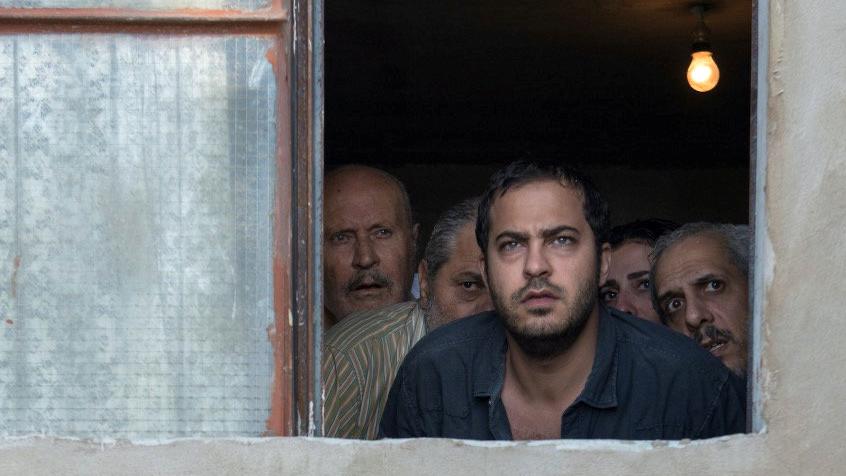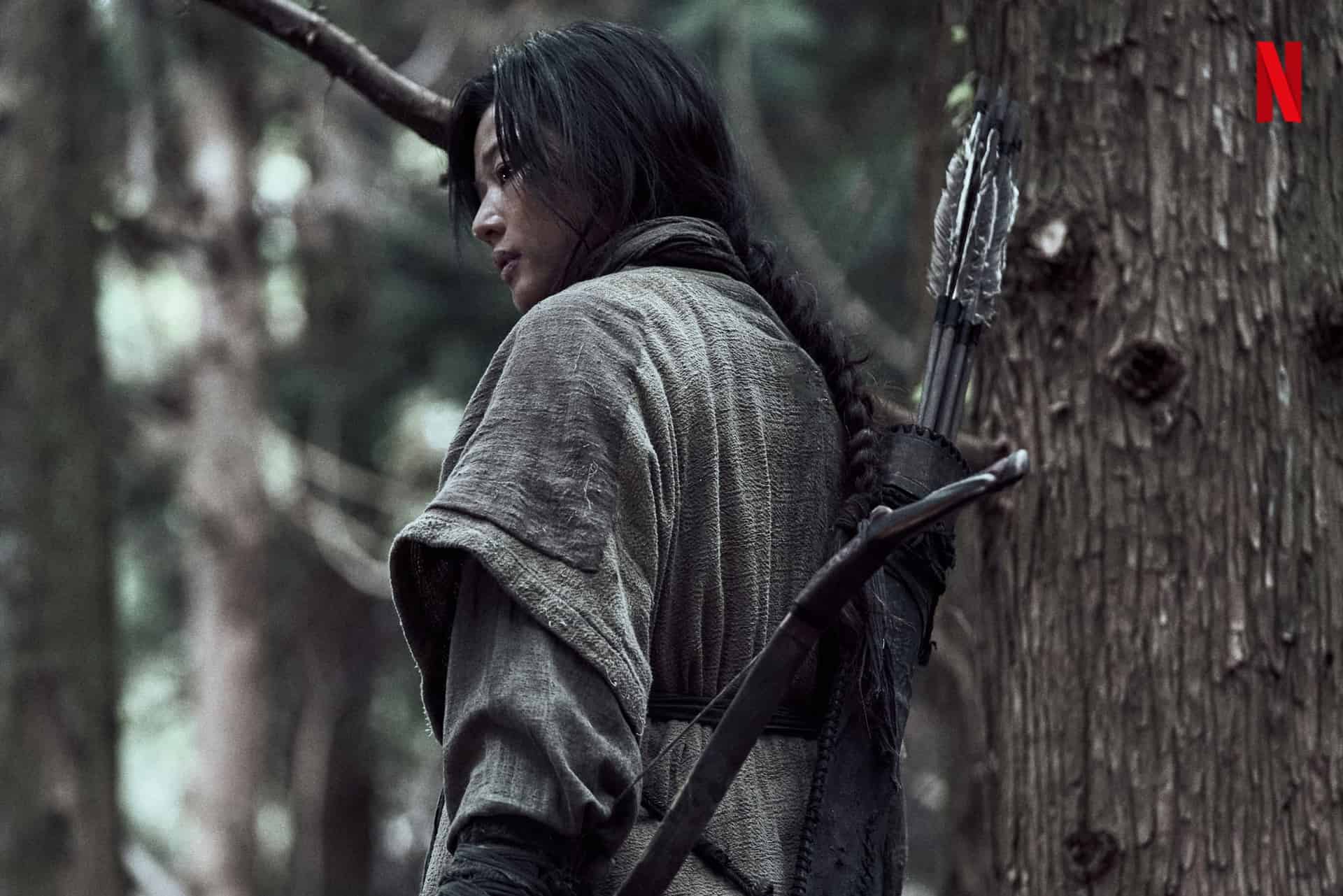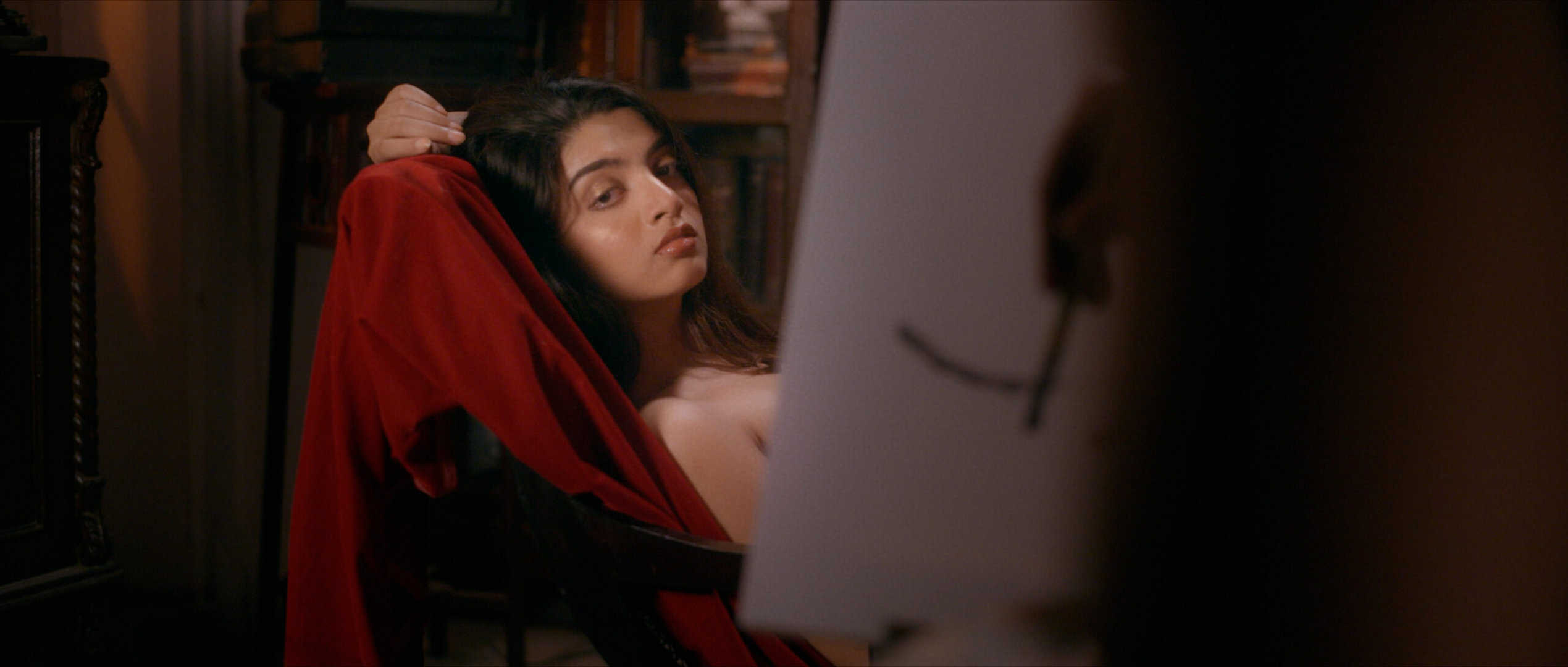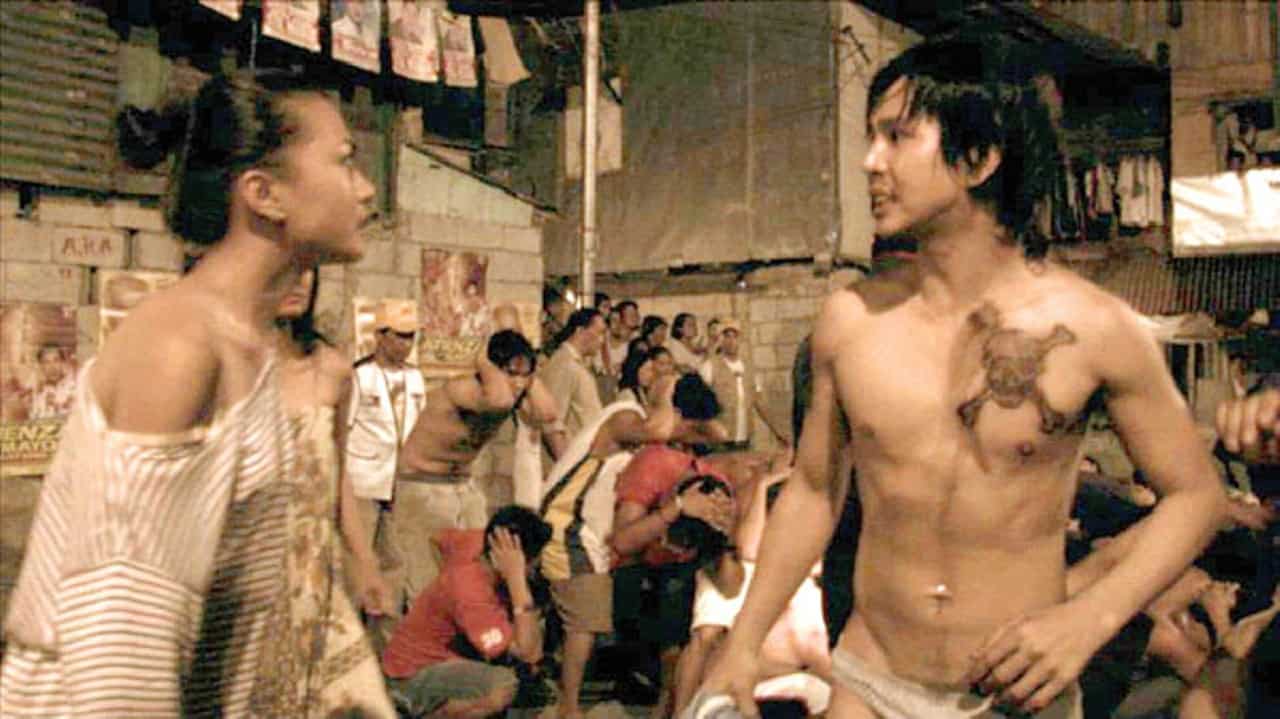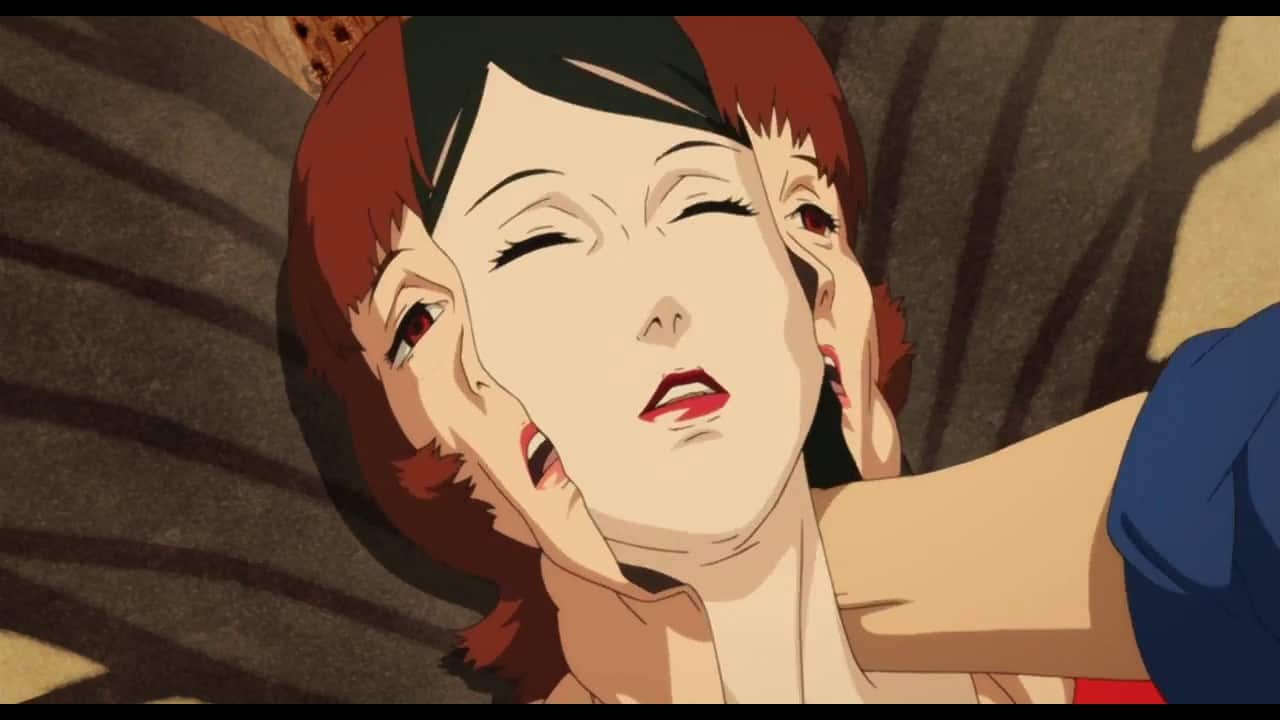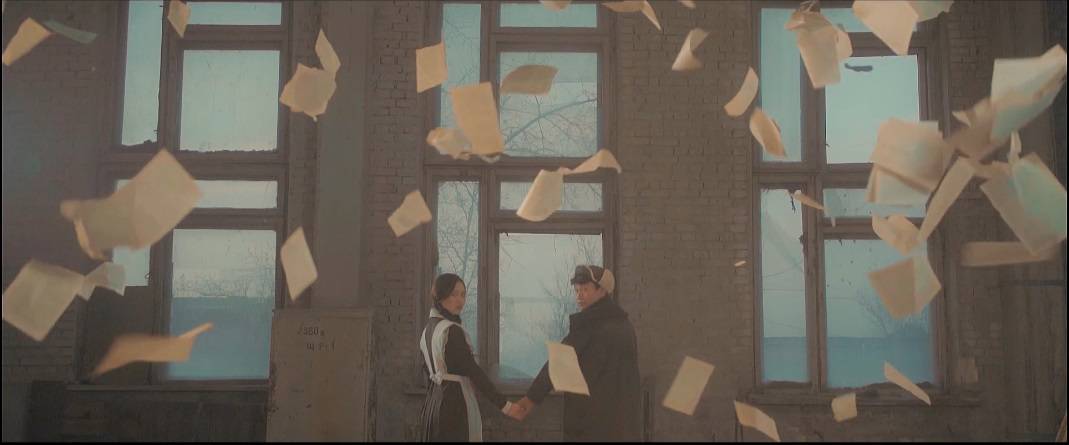The 2006 Lebanon War lasted 34 days and cost the lives of approximately 1300 Lebanese people, along with causing severe damage to Lebanese infrastructure. The conflict, which was on the one hand between Hezbollah forces and Israel was, on the other hand, one of the first proxy wars with Iran, as they supported Hezbollah, causing further damage and loss of life. Even though the duration of the conflict was relatively short, the toll it took on the people affected by constant battles and bombardments lasted even longer, leaving a mark on many families. Throughout his work as a director and visual artist, Ahmad Ghossein has been interested in how these extreme circumstances have shaped the lives of people, in his home country Lebanon, but also all over the world. In his feature debut “All this Victory”, which won the Grand Prize and the Audience Award at the Venice International Film Critics Week, he tells a story about a couple who try their best to escape the conflict, but are, in the end, sucked into it.
All this Victory is screening at ALFILM

In the midst of the Lebanon War, there is a 24-hour ceasefire which Marwan (Kharam Ghossein) and his wife Rana (Flavia Juska Bechara) want to use to finally leave Beirut and escape the conflict altogether. While his wife stays in the city, taking care of their documentation and passports for their immigration to Canada, Marwan sets out to his home village in the South to look for his father. Upon his arrival, he sees the place is in ruins, with most houses and streets destroyed or blocked by debris, and there is no trace of his father. Although he runs into two friends of his father (Boutros Rouhana, Adel Chahine), who have been hiding in a house outside the village, he is no wider and eventually decides to return to his wife, only to find his car has been stolen and he is now stuck in the village.

With the ceasefire coming to an end, Marwan is forced to join his father's friends at their hideout, where they are accompanied by two neighbors searching for a safe place to stay. Because the battery of his mobile is dead, Marwan has no chance to call his wife and going out at night is, as his company assures him, a sure way to die. To make matters even worse, two Israeli soldiers, unaware of the people still inside, decide to hide on the roof of the house, making it a potential target for enemy forces.
While there is no question “All this Victory” is a movie about war, the actual conflict is mostly either taking place in the distant or off-screen. Forced to stay inside the house, whose walls and structure already bears the markings of war, shouts over radios, the chatter of soldiers, distant gunshots and, of course, the images of destruction in the city, emphasize the battle may have taken a short break, but is far from gone. Quite the opposite, the unbearable silence creates a tension that affects the character, the dynamics of the groups and, in the end, also the viewer who comes close to feeling the claustrophobic pressure of the conflict that will begin again any minute. Shadi Chaaban's cinematography, along with the script, co-written by Ghossein himself, establishes the aforementioned tension and the feeling of imprisonment, of being extradited in this location with no or very little hope of escaping.
However, “All this Victory” is not only a technical achievement, but also benefits from a great cast of actors, bringing life to the characters and their backstories. Apart from Kharam Gossein and Flavia Juska Bechara, whose characters have to face difficult decisions while being apart from one another, especially seasoned actors like Boutos Rouhana and Adel Chahine give incredible performances as two men forced into a hopeless situation and clinging onto a past, which is also defined by several conflicts and wars. The destroyed landscape, the ruined houses, the omnipresent debris and the wrecked bridges in many ways constitute an image of destroyed hopes and dreams, perhaps even the idea of peace and harmony, which seems to be the underlying notion in the men's dialogue.
In the end, “All this Victory” is a powerful drama about the human toll of war, about people acing a hopeless situation and how they can possibly move on. It is a feature which clearly shows the talent of Ahmad Ghossein as a visual storyteller, but also as an artist who understands the dynamics of his characters in a situation such as this, making it believable for his audience and provoking a reaction in his viewer.


